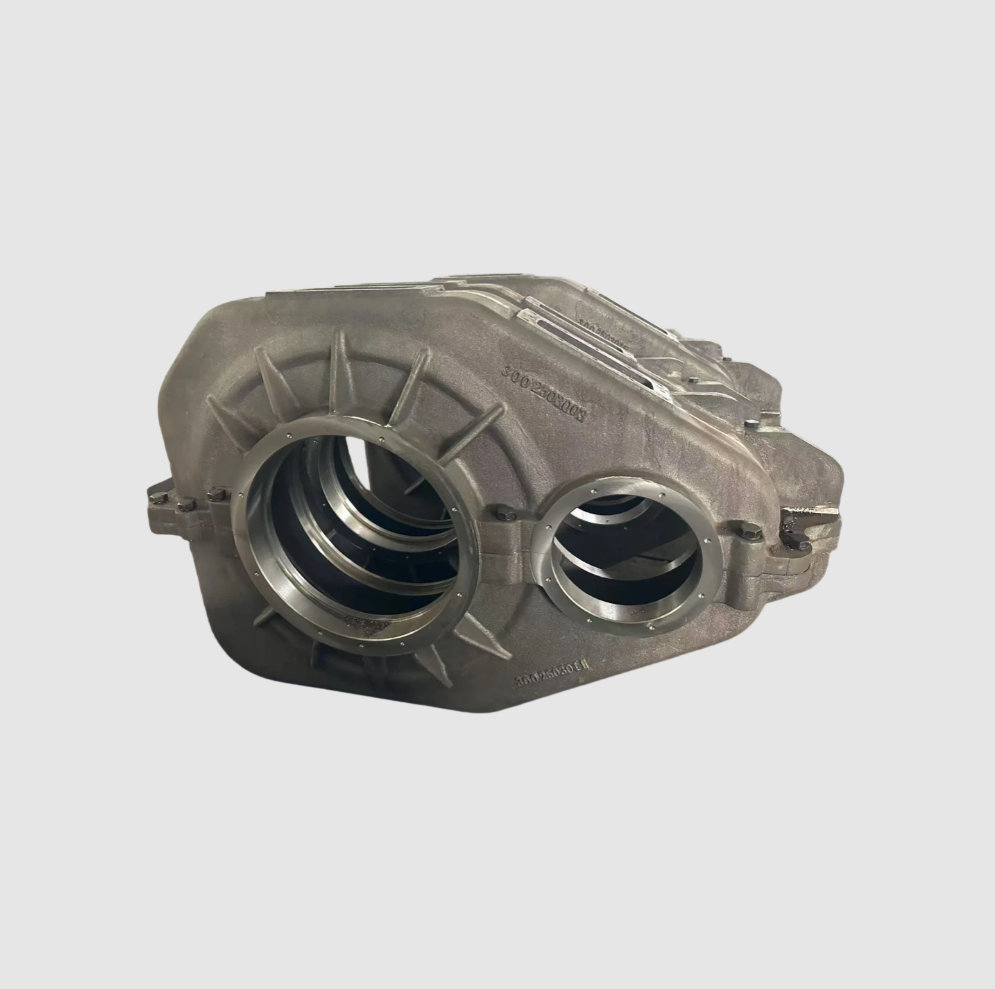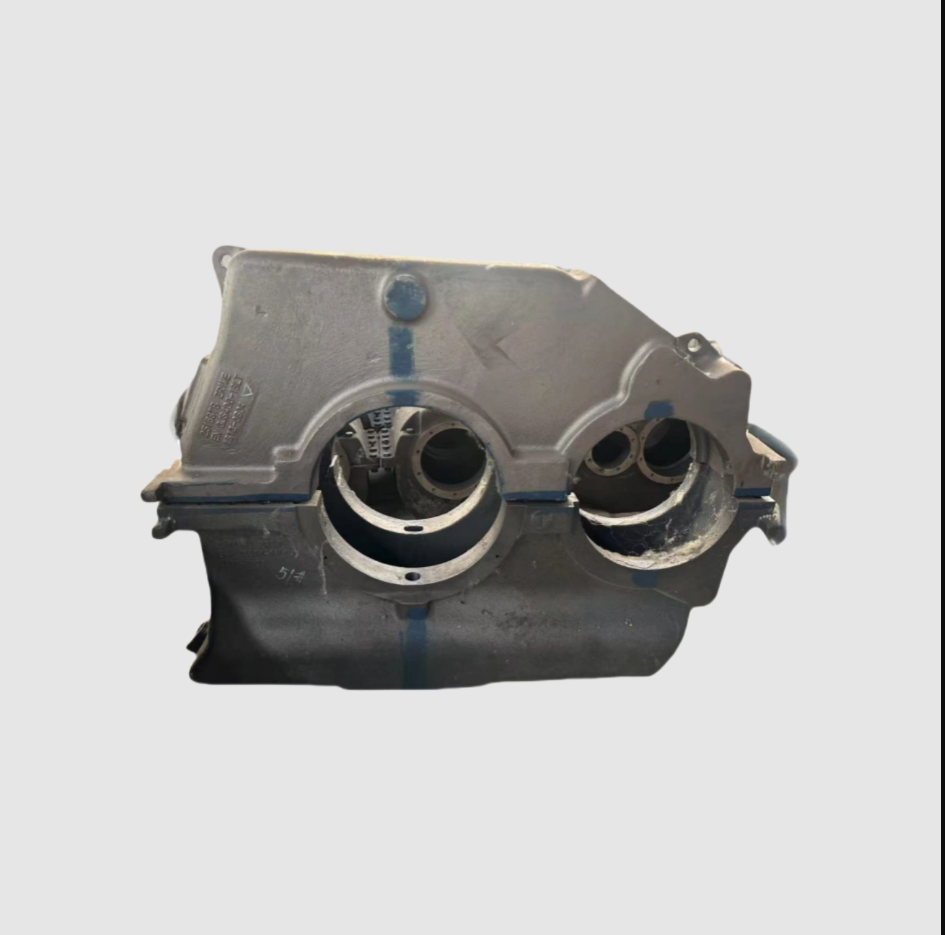A Must-Read for Purchasing Railway Cast Iron Parts: 5 Critical Quality Standards You Can’t Ignore railway bogie casting
Every component in a railway system have to function well. This maintains the system safe and reliable. Train casting parts are really essential. They supply support, connect things, and conduct signals. Their top quality affects just how steady the train network is. When you acquire these parts for South Africa, South America, or Russia, you need to discover excellent makers. To be successful, you need to recognize the neighborhood technical rules. Right here are 5 key top quality requirements you have to always adhere to.
1. Material Make-up & Mechanical Features: The Foundation of High quality
The efficiency of cast iron relies on its specific chemical structure and casting process, and must fulfill the international or local requirements of the target audience. A trustworthy train spreading parts manufacturer will supply full product traceability.
1.1 Structure Requirements: Need to comply with requirements such as International Specifications (ISO), European Specification (EN), Russian GOST standards, or those frequently made use of in South America like IRAM (Argentina) and ABNT NBR (Brazil). The web content of hazardous aspects like phosphorus and sulfur have to be purely controlled.
1.2 Mechanical Residences: Concentrate on tensile stamina, yield strength, solidity, and prolongation. For ductile iron, refer to standards such as ISO 1083, EN 1563, or GOST 28394. Procurement should require providers to offer material certificates and mechanical examination records that abide by the target market’s requirements.
(Railway Cast Iron Gearbox)
2. Dimensional Precision & Resistance Control: Making Certain a “Perfect Fit”
Railway tasks worldwide have stringent demands for dimensional interchangeability; any type of variance can affect system assimilation. Accuracy is a mark of exceptional railway casting makers.
2.1 Crucial Dimensions: All interface measurements and mounting hole placements for all train casting elements have to be 100% examined.
2.2 Tolerance Specifications: Should stick to worldwide recognized criteria like ISO 2768, or specific tolerance needs explicitly set with the client. For the Russian and CIS markets, special attention has to be paid to abiding by appropriate tolerance requirements in GOST 30893.
3. Limitations on Casting Flaws: Getting Rid Of Interior Hidden Dangers
The approval standards for casting flaws have to be plainly specified in contracts and based on globally or regionally recognized specs. Leading train casting parts manufacturer procedures use extensive non-destructive screening.
3.1 Surface area Defects: Requirements like ISO 8062 can be referenced for assessing casting surface area quality. Splits, cold shuts, and various other defects impacting service are not allowed.
3.2 Internal Issues: For important load-bearing railway spreading components, non-destructive testing (e.g., ultrasonic, radiographic) should be done according to criteria like ISO 4990, EN 12680, or the GOST R 55724 series, with clear acceptance levels for issues.
4. Metallographic Structure & Internal Quality
The microscopic framework of the material is the key basis for evaluating whether its interior high quality fulfills the requirement. This is a critical check for any type of expert train spreading components producer.
4.1 Ductile Iron: The assessment of nodularization rate should adhere to criteria such as ISO 945-1 or GOST 3443 to ensure its mechanical properties meet the needs for use under complex working conditions.
4.2 Graphite Morphology & Matrix Framework: The metallographic inspection record is an essential record for confirming the stability of the production procedure and should adhere to the pertinent global or local criteria.
(Railway Cast Iron Gearbox)
5. Anti-Corrosion Treatment & Surface Area Quality: Withstanding Harsh Environments
Given South Africa’s seaside high salinity, South America’s exotic jungle moisture, and Russia’s severe chilly and de-icing salts, anti-corrosion therapy for train casting components is vital.
5.1 Treatment Procedures: Define the type of anti-corrosion process, such as hot-dip galvanizing (ISO 1461), epoxy finishing, etc, and define crucial indicators like finish density, bond ( e.g., ISO 2409), and salt spray resistance ( e.g., ISO 9227).
5.2 Regional Criteria: Need to focus on certain needs of the target audience, such as Russia’s GOST 9.307 anti-corrosion system qualification, or South Africa’s SANS (South African National Standard) requirements. A worldwide railway casting producers will be familiar with these diverse requirements.
Luoyang Fonyo Heavy Industries Co., Ltd. is a leading maker of heavy commercial castings and parts, concentrating on providing top notch steel spreadings, including carbon steel, high manganese steel, alloy steel, and heat-resistant steel spreadings. With a detailed solution version integrating style, casting, machining, and solution, Fonyo ensures that each product meets strenuous quality and performance requirements to satisfy the demanding requirements of various heavy sectors.
If you are looking for a trusted supplier of railway bogie casting, Luoyang Fonyo Heavy Industries Co., Ltd. is your ideal choice. Visit Fonyo’s official website (www.railwaypart.com) for more product information and technical support!
All articles and pictures are from the Internet. If there are any copyright issues, please contact us in time to delete.
Inquiry us

